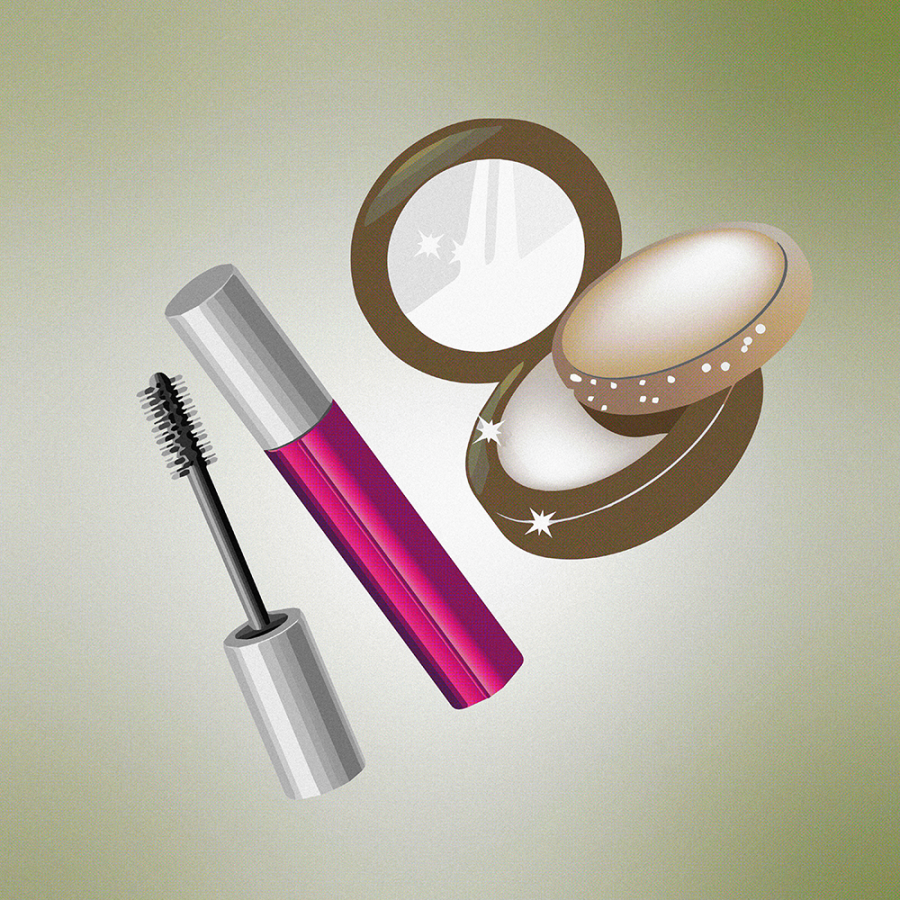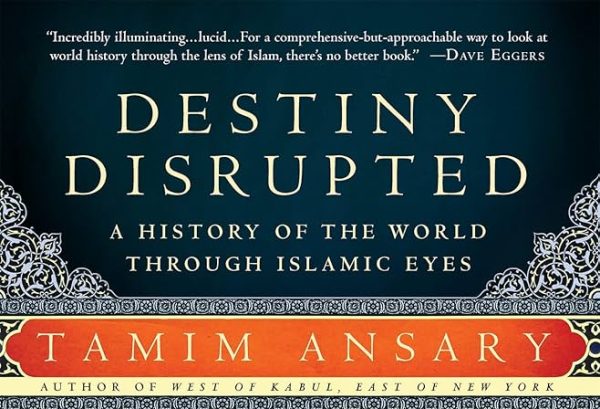‘Clean’ beauty: the ugly truth
Cosmetics products graphic by Jolie Asuncion
Improving health through alternative methods has become a trend in recent years. The idea of alternating to “clean” products has taken the cosmetic and skin care industry by storm. However, consumers may not realize the ingredients advertised as safe and healthy have hidden effects that can be deadly.
In a time when “clean” makeup is the trend, it’s important not to fall for a marketing scam.
I understand the pressure to have flawless skin. I dealt with severe acne my entire childhood. Throughout my adolescence I remember trying every foundation, concealer, face serum or new fad that claimed to be a saving grace.
I never checked the ingredients list. I was desperate, and after multiple years of trying products that made me break out even worse, I finally decided to research what I was putting on my skin and found that common ingredients can be unhealthy.
I sat down with Dr. Stephen Hillyard, a lecturer in the chemistry and biochemistry department at Chico State, to discuss some of these ingredients.
Talcum powder, often referred to as talc, can be found in deodorant, eyeshadow, face masks and other cosmetic products. The raw mineral can be associated with asbestos, according to Hillyard. Long-term exposure can result in cancer.
Hillyard also mentioned a case of a woman being diagnosed with cervical cancer after applying talcum powder every day.
“It’s not really for daily adult use,” Hillyard said.
Artificial fragrances added to these products can also be harmful. These flavors can be natural or synthetic, but synthetic is the popular choice in the industry because the scent lasts longer.
According to the Children’s Environmental Health Network, many fragrances are petroleum based and can contain carcinogens. They can also include phalthates, which act as endocrine receptors, meaning they alter hormonal levels resulting in developmental issues.
In regards to natural fragrances, Hillyard explains how a chemist can synthesize chemicals from corn and mimic a strawberry flavor and still classify it as a natural smell. He also explains how natural plants can still be poisonous, citing hemlock as an example.
“Just because it’s natural doesn’t mean it’s safe,” Hillyard said.
Long term effects from artificial fragrance chemical exposure can include cancer, reproductive and developmental complications, respiratory problems and birth defects.
Hillyard added the dangers of parabens, or preservatives used to kill mold and bacteria to prevent products from going bad.
The concern behind parabens is that they can be estrogenic or mimic the hormone estrogen. This affects the estrogen receptors in males and females, which can alter fertility. Although this sounds scary, some parabens are safe, so it’s always smart to do research before buying products.
On top of harmful ingredients, “clean” makeup is often branded as environmentally friendly, but not all products are cruelty free or vegan.
Toxic chemicals are not exclusive to just makeup and skin care. Feminine hygiene products are cited as a cause of babies being born with microplastics in their bodies and the placenta. In addition, the chemicals in these products can cause toxic shock syndrome and even death, regardless of how long the product is used.
In a time when “clean” makeup is the trend, it’s important not to fall for a marketing scam. The most important thing is to look at the ingredients in the products you’re using. If you don’t know what it is, Google it.
Dangerous chemicals in popular, everyday beauty products sound scary, but there are ways to continue to enjoy makeup while still being safe.
Non-toxic health and beauty companies include:
- Burt’s Bees
- Pacifica
- Honest Beauty
- Ilia Beauty
- True Botanics
Carrington Power can be reached at [email protected].








